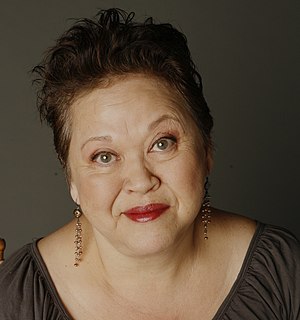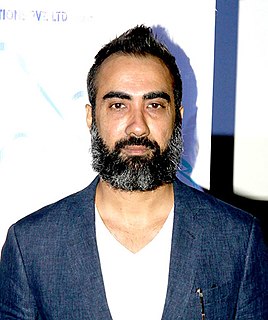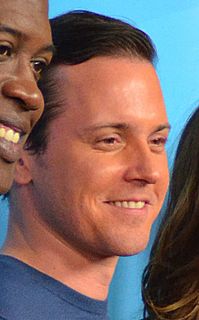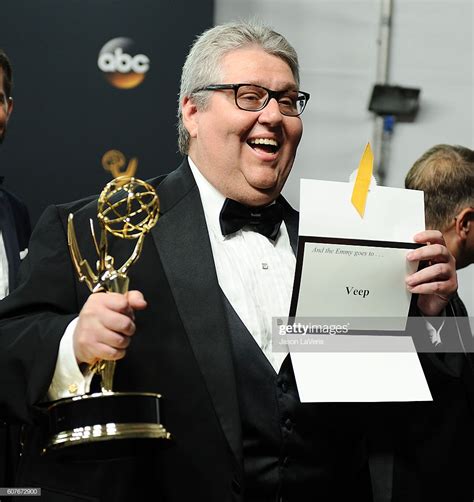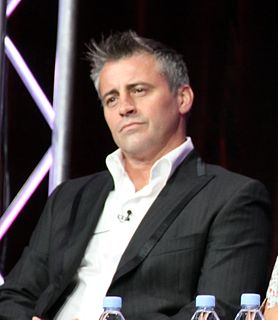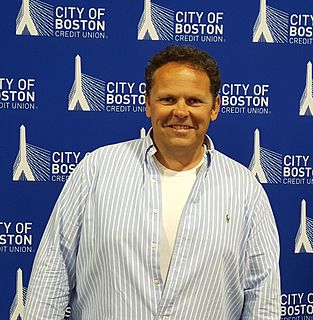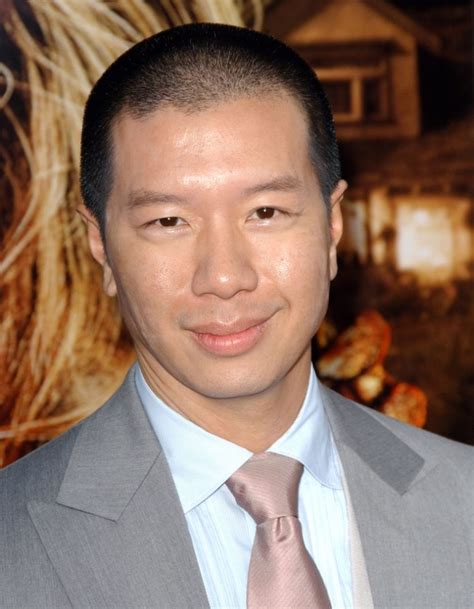A Quote by Jim Parsons
Every time I think about writing, comedy doesn't interest me in the slightest. I can play comedy, but I don't think in terms of comic dialogue.
Related Quotes
I think Amy Poehler and Tina Fey have done so much for women in comedy in the sense that they've normalized it. You don't think, 'I'm going to watch that comedy starring a woman,' you think, 'I'm going to watch that funny show.' They refuse to play the foils for men, or be reduced to the butt of every joke, and I love that about both of them.
It's very hard to find a good comedy. I prefer doing comedy far over anything else because I think they're actually more profound. But finding a good one and a great ensemble is very difficult to do and I'm delighted that in these particular times there is so much interest in comedy and that comedy is having so much success.
I think that there's a fine line between comedy and drama. I think that ultimately, the less winking that's going on when you're doing comedy - and this is just my own thing, and maybe it's why I've never been hired in comedy except by Bill Lawrence - but I think that the less winking you do with comedy, the better off you are.
The stuff I did in 'Rescue Me' was great. It gave me the opportunity to play comedy, and Denis Leary was the first one to take a chance with me. And from that experience, we had a comedy pilot that we did that I was going to play the lead in. And then 'Person of Interest' came along. They're all new experiences.
I find that I'm just drawn to anything that's going to challenge me as an actress. So any time I get a chance to do a little comedy, that's also a nice change for me. Most of the time people think of me as a dramatic actress and singer. And there's a challenge there because comedy is hard. What do they say? "Dying is easy; comedy is hard."

